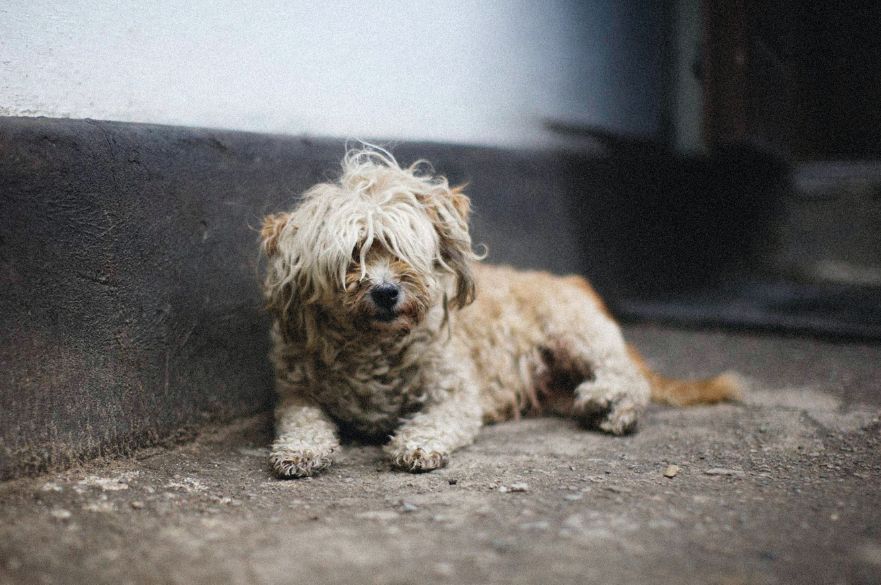The number of stray dogs being collected in Derby has increased in recent months with a particular rise in elderly and unwell dogs being found. Whilst it isn’t exactly clear what the cause of the increase is, it is thought that rising costs for pet care and a combination of people returning to the office could be making it more difficult for residents to care for their pets.
Worryingly, a large number of the dogs being collected either don’t have microchips or the details aren’t up to date which means the Council’s Stray Dog Service provider are struggling to reunite pets with their families. It is now law for dogs to be microchipped and the details to be kept up to date.
Derby City Council are encouraging pet owners who are struggling with pet care costs to think twice before abandoning their pets. For anyone battling with the cost of vet care, there is help and support available.
Those in receipt of benefits such as Universal Credit or Housing Benefit may qualify for free or low-cost vet care through the PDSA. To find out if you could receive support, use the eligibility checker. The Blue Cross also provide vet fee support for those on certain means-tested benefits.
If residents are struggling with the cost of pet food, the Hope Centre on Curzon Street offers a pet food bank service on Tuesdays from 1.00pm-3.00pm and Fridays from 10.30am-1.30pm.
Other ways to help keep your furry friends safe and well:
- Get insurance – Pet insurance can save pet owners thousands of pounds in the event a pet becomes unwell or suffers an accident.
- Regular check-ups – Make sure you’re taking pets to the vets for regular health checks and their vaccinations. Some local vet practises in Derby even provide free health checks or a lifetime vaccination offer.
- Make sure your details are up-to-date – If your pet is microchipped, ensure that the contact details such as phone number and address are kept up to date. This information is crucial to helping owners be reunited with their pets if they go missing. The same applies to tags on collars although the Council doesn’t recommend putting your pet’s name on their tag.
If you find a lost dog, call the Dog Warden on 0333 200 6981 if you don’t know the dog or it’s owner.
If you think you can get the dog safely to a secure area such as a garden then please approach it cautiously but do not put yourself or others at risk to do so. If the dog is near or on a main road then call 101 so the Police can support the Dog Warden. Any dog collected by our Dog Warden that doesn’t have a microchip or collar tag with up-to-date information is taken to safe and secure kennels where they have 24-hour access to a vet and are given food, water and any other care they may need.
If your dog is lost and you believe the Dog Warden may have collected them, please contact the Council as soon as possible on 0333 200 6981, especially if your pet’s microchip or collar tag details aren’t up to date. Once a dog is taken into care at kennels, you will need to pay a fee to get your dog back and this fee increases the longer they are in kennels.
Councillor Matthew Eyre, Cabinet Member for Community Development, Place and Tourism commented:
“We know that the cost-of-living crisis is having a real impact on families in the city and the cost of caring for our furry family members is rising too.“Please think twice before abandoning your pets as there is plenty of help and support available.“Our Stray Dog Service provider is working incredibly hard to try and reunite lost dogs with their families. So please help and support them by sharing posts from their Facebook page.”
Further information about the Council’s Stray Dog service can be found on our website.
